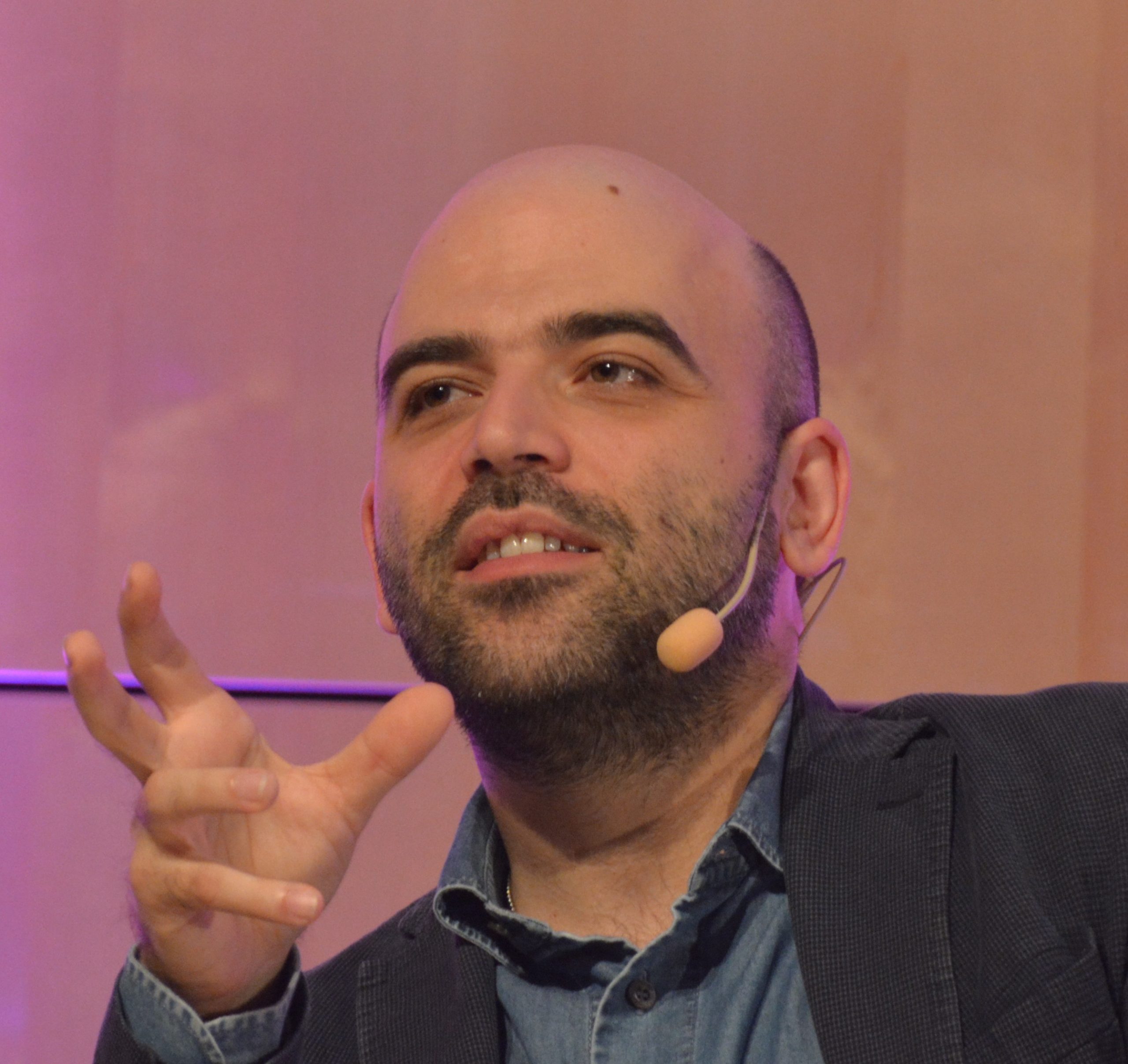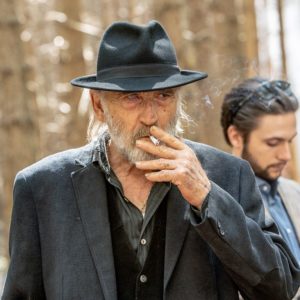
Cocaine trafficking breeds violence in ZeroZeroZero
Drug cartels and the Mafia take center stage in Amazon crime series based on Roberto Saviano book

About 10 cartel assassins armed with AK-47s and grenade launchers stormed the deputy police chief’s house at 5 a.m., snuffed out him, his police officer wife and their seven-year-old son, then lit the house on fire, killing three daughters.
This incident, which occurred in Mexico in July 2009 and is detailed in Italian journalist Roberto Saviano’s book ZeroZeroZero, is one example among many of the grim toll occurring today in global drug trafficking. During one especially deadly nine-month period in 2011, drug violence resulted in 12,903 people being killed in Mexico, according to the country’s prosecutor general. This year, in only one month since a March 23 stay-at-home order was imposed because of the coronavirus pandemic, an estimated 100 people were killed in drug-related incidents in Ciudad Juarez, across the border from El Paso, Texas.
This sort of violence is played out in several crime series now available on streaming services such as Amazon Prime Video and Netflix.
One of these, an eight-episode series airing on Amazon Prime, was adapted from Saviano’s book and also is titled ZeroZeroZero. The series paints a dramatic picture of the murderous betrayal and treachery common among cartels and Mafia clans, specifically in cocaine trafficking. The term “zero zero zero” describes the purest, whitest flour, but narco traffickers use it to signify pure cocaine. “The more zeros, the purer it is,” Saviano writes in the book. “The best cocaine: 000.” As the book points out, though, cocaine often is diluted, sometimes with flour or other substances, including a mild laxative, to stretch out the supply for street sales.

The Amazon Prime series follows a fictional large shipment of cocaine from Mexico to Italy and dramatizes the difficulties in getting it there as organized crime factions attempt to control the payload (hidden in cans of sliced jalapeño peppers). A New Orleans shipping company, which also handles legitimate cargo, is the broker providing the transportation. Multiple spoken languages and stunning visual settings give the series an appealing global backdrop, but the deadly outcomes — human-eating pigs, children caught in the crossfire and killed in gun battles — erode any notion of glamor in this illegal enterprise.
The goal in such a cutthroat environment is the attainment of money and power, and, as the series makes clear, anyone can be betrayed, including family members. The payoff of millions of dollars is the motivating factor. As one of the show’s characters puts it, “Money solves everything.”
The lure of money will always be what draws people into this violent underworld, says Thomas Salme, a documentary filmmaker living in Italy. This lure is especially attractive to those from impoverished circumstances who see little opportunity in their surroundings and therefore look beyond the serious downsides, he said. Salme directed the 2019 documentary Rescued from Hell about Jota Cardona, a former Colombian drug dealer.
“A lot of money is involved, and nice cars and gold chains,” Salme said over the phone from his home in Milan. “Everybody wants to live this kind of dream life.”
Financial considerations were a factor in Salme’s own career with his decision to fly commercial aircraft in Europe without a license for more than a decade, according to court testimony that resulted in a $2,700 fine but no jail time for him in 2010. His lawyer said Salme was “unable to find other work and had financial difficulties due to a divorce, young children and an ailing father,” according to the Associated Press. From this experience, he since has turned to documentary filmmaking, focusing on international crime.
The cocaine-trafficking series based on Saviano’s book is one of several multiple-episode crime shows involving drug cartels recently airing on streaming services. Others include Narcos: Mexico and Ozark, both on Netflix.

Salme said shows about drug cartels and the Mafia are popular in part because viewers enjoy the vicarious experience. “You are inside the danger,” he said, “but you aren’t in danger yourself.”
As for Saviano, author of ZeroZeroZero and other books, his writings about the Mafia have put him in a constant state of danger. The 40-year-old journalist has been under police protection in Italy since the 2006 publication of his book Gomorrah: A Personal Journey into the Violent International Empire of Naples’ Organized Crime System.
“I have traveled everywhere with seven trained bodyguards in two bullet-proof cars,” he wrote in 2015 for The Guardian, a British newspaper. “I live in police barracks or anonymous hotel rooms, and rarely spend more than a few nights in the same place.”
Saviano is active on social media sites and recently has spoken out against organized crime groups taking advantage of the coronavirus pandemic to win support in Italy from those who cannot get help elsewhere.
In April, Saviano wrote that “Italian Mafia clans – and in particular the Camorra of Naples” — have established a door-to-door service delivering essentials to the public.
“In the most disadvantaged neighborhoods of Naples, where many people had jobs in the black economy and are now out of work, it is the clans that step in to provide welfare, giving families bread, milk and other basics,” he wrote in the Guardian.
For this service, “desperate people who today receive the Camorra’s help will be grateful or, rather, will have to express their gratitude when everything gets back to normal and the clans need labor for their illicit enterprises,” Saviano wrote.
Noting that Mexican cartels are doing the same thing, Saviano offered a final warning: “Today we are in an emergency, and the imperative is to survive. But parallel to this pandemic, criminal interests are mobilizing. For us to know that – and know them – will be part of that survival.”
Larry Henry is a veteran print and broadcast journalist. He served as press secretary for Nevada Governor Bob Miller, and was political editor at the Las Vegas Sun and managing editor at KFSM-TV, the CBS affiliate in Northwest Arkansas. Henry taught journalism at Haas Hall Academy in Bentonville, Arkansas, and now is the headmaster at the school’s campus in Rogers, Arkansas.
Feedback or questions? Email blog@themobmuseum.org





